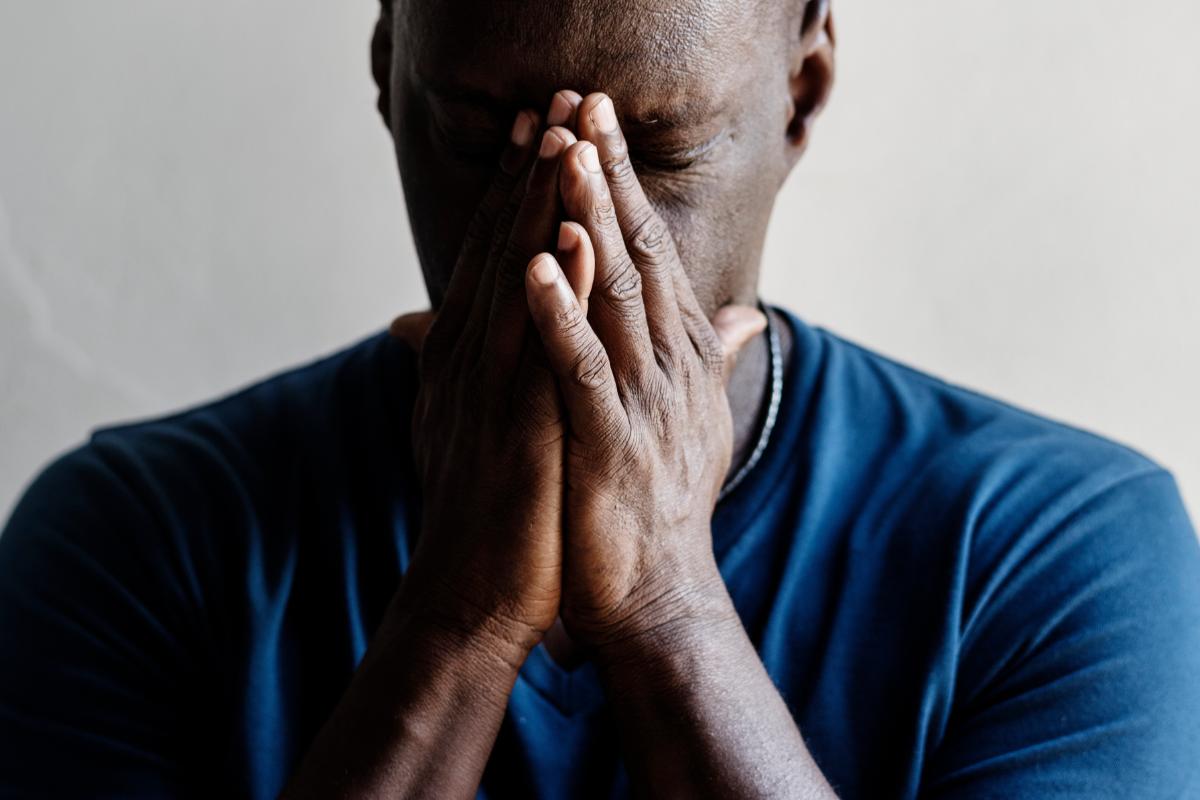Research shows a strong link between post-traumatic stress disorder (PTSD) and addiction. People who have been through traumatic experiences are more likely to use drugs or alcohol to cope with the pain of PTSD. In turn, those with substance abuse issues are more prone to developing PTSD due to increased trauma exposure. If you or someone you love is struggling with PTSD and a substance use disorder and are looking for addiction services near me, contact us at 866.238.3154 to learn more about our dual diagnosis treatment programs.
PTSD and Addiction: The Facts
Some believe one must be a combat veteran to develop PTSD, but this is false. Many people who have never seen a war zone develop PTSD, and it’s prevalent, considering most people experience one trauma by the time they’re in their twenties. Some experiences people with PTSD commonly have include:
- Natural disasters like floods, hurricanes, and fires
- Assaults or sexual trauma
- Car accidents
- Near-death experiences
- Extreme bullying
- Emotional or verbal abuse
- Domestic violence, either witnessing or experiencing
These are only some of the traumas that can cause PTSD. It’s essential to understand that as these experiences go unprocessed, many turn to drugs or alcohol to cope. Substance use disorder, or SUD, is a common issue in the United States and worldwide. It’s also a problem that often accompanies PTSD. The link between these two disorders is not well understood, but it has been observed that people with unresolved trauma are more likely to misuse drugs or alcohol as a coping mechanism. They may even seek out substances to numb traumatic memories, resulting in the dual diagnosis of PTSD and addiction. The good news is that treatment options are available for those suffering from PTSD and SUD.
The Link Between PTSD and Addiction
Those who have been through traumatic events and develop PTSD often have trouble regulating emotions, suffer from flashbacks, and more. Some of the signs of PTSD include the following:
- Feeling on edge
- Nightmares and flashbacks to traumatic events
- Difficulty sleeping
- Hypervigilance
- Detachment from others
To cope with these symptoms, some people turn to drugs or alcohol. This can be a dangerous path, as substance use only serves to exacerbate the symptoms of PTSD by both making emotional regulation harder and exposing people to more trauma. For those with an existing addiction issue, PTSD can also be a factor. People with substance use disorders are more likely to experience trauma and, therefore, more likely to develop PTSD, creating a vicious cycle. If you’re looking for help with both PTSD and addiction, Santé Center for Healing offers dual diagnosis treatment programs that can treat the root cause of substance use conditions and PTSD.
Treatment for Addiction and PTSD
At Santé Center for Healing, we understand the unique challenges of living with both PTSD and addiction. Our dual diagnosis treatment programs are specifically designed to treat the underlying causes of substance use and address any unresolved trauma that may be contributing to a person’s disordered behavior. Some programs you can expect to participate in during dual diagnosis treatment include:
- Psychotherapy that addresses your mental health disorder in one-on-one sessions
- Pharmacological support to make withdrawal and condition management possible
- Family therapy is a means for reconnecting with loved ones whom you might have distanced yourself from
- Social activities with peers in recovery for the development of coping skills and self-esteem
- Cognitive-behavioral therapy helps you to approach triggers and stressors with healthy reactions
Other treatments include holistic therapies such as yoga and music therapy and modalities like dialectical behavior therapy.
Dual Diagnosis Treatment for PTSD and Addiction at Santé Center for Healing
At Santé Center for Healing, we provide a comfortable, supportive environment that promotes recovery. Our staff is experienced in treating dual diagnosis patients and knows how to approach underlying trauma while still addressing the issues that come with addiction. If you’re suffering from PTSD and addiction, please contact us today at 866.238.3154. We are here to help you start your journey to healing.







